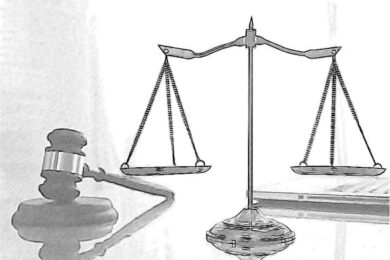Alessandro Buttarelli, associate of Italian law firm Macchi di Cellere Gangemi, analised the judgment of 6 July 2023 of the Court of Appeal of Milan, Civil Division, that responded positively to the question by once again addressing the issue of the relationship between criminal proceedings and Consob sanctioning proceedings on insider trading.
In the administrative proceedings, Consob (the Italian Supervisor) had charged an insider trader with violation of Article 187-bis, paragraph 1, letter b) of the Consolidated Law on Finance, imposing interdictory and pecuniary sanctions at the outcome of the administrative proceedings.
In the meantime, for the same facts, Consob had sent a notice of offence for the crime under Article 184 of the Consolidated Law on Finance to the competent Prosecutor’s Office, which then commenced criminal proceedings that ended with a decree of dismissal by the Judge for Preliminary Investigations pursuant to Article 409 of the Code of Criminal Procedure.
The Civil Division of the Court of Appeal of Milan, called upon to issue a judgement on the appeal against a sanctioning decision, found itself faced with the presence of a measure favourable to the suspect/defendant other than an irrevocable judgement and, therefore, apparently outside the literal scope of Article 649 of the Code of Criminal Procedure.
As is well known, in fact, Article 649 of the Code of Criminal Procedure sanctions the prohibition of retrial for the defendant who has been acquitted or definitively convicted for the same fact by a final judgment or criminal decree that has become irrevocable without any mention of the decree of dismissal.
Notwithstanding this, the Court of Appeal decided to provide an extensive reading of the principle of ne bis in idem, already adopted in the past by the Constitutional Court and the ECHR, according to which the preclusion of the principle in question also operates in the presence of decisional measures other than those indicated in Article 649 Code of Criminal Procedure, observing how even the order to archive can well be considered a “definitive” measure insofar as it is rendered at the outcome of a thorough investigation and this may be sufficient “for the application of ne bis in idem as a fundamental human right recognised by the ECHR“.
The Court of Appeal considered it paradoxical that “the suspect – for the purposes of the preclusive effects of ne bis in idem – can avail himself of a favourable ruling only if it is made by a final judgment” and cannot “invoke invoking this principle in case the judge hearing the crime did not even consider continuing the prosecution against him because of the absence of indicia of guilt“.
On the basis of these arguments, the Court of Appeal of Milan also recognised the preclusive effect of the archiving decree and annulled the CONSOB resolution applying the administrative sanctions set forth in Articles 187 bis and 187 ter of the Consolidated Law on Finance.

























